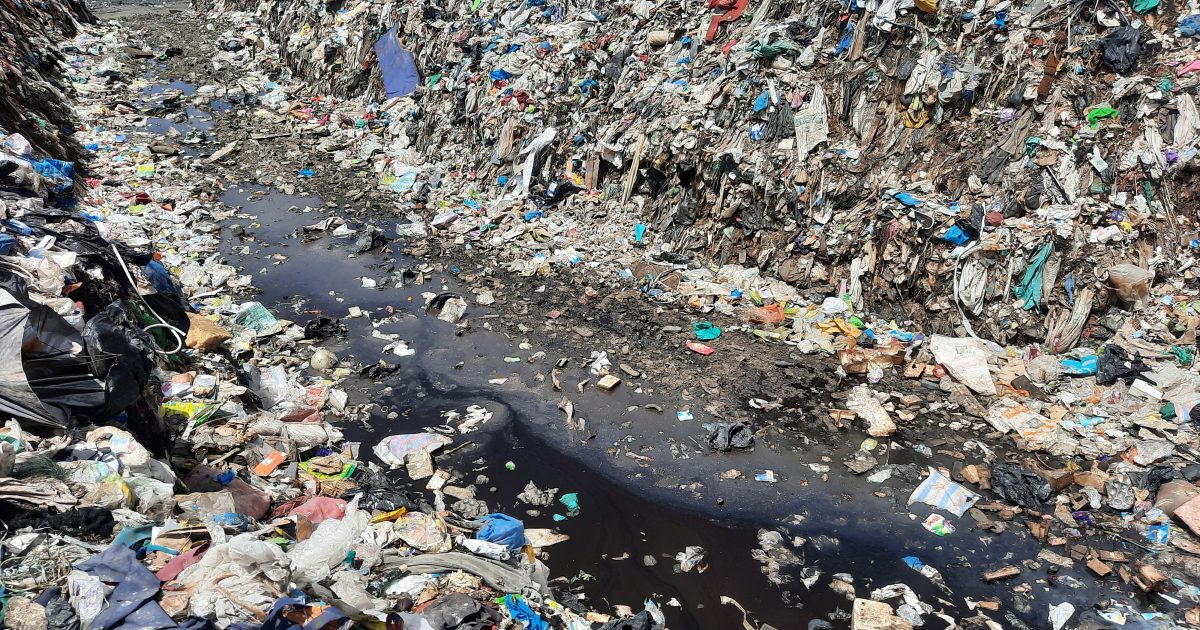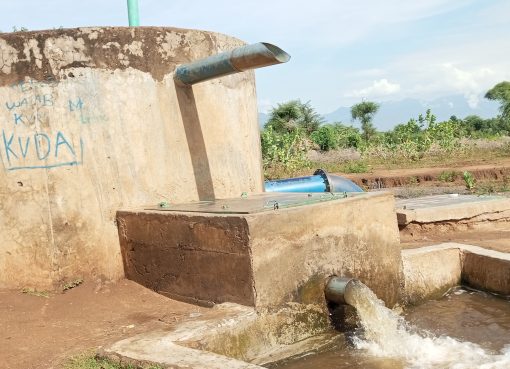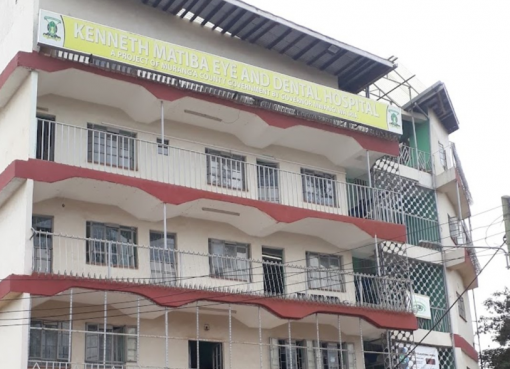Nakuru county is set to revolutionise its waste management system if the government approves Giotto dumpsite a planned waste-to-energy plant that will transform the gigantean eyesore.
For 50 years, the Giotto dump site has been the only landfill in Nakuru and as the town expands in population, the site which has become part of the urban landscape, sprawling over an area of 30-acres will assist manage the city’s waste.
The plant, whose construction is due to begin once a proposal submitted to the government through the Ministry of Energy, is approved will incinerate 3,000 tons of waste every day – that’s roughly 60 percent of the city’s garbage –while supplying Nakuru with 15 percent of its household electricity needs and meeting international standards on air emissions.
According to County Environment, Energy, Natural Resources and Climate Change Chief Officer Kennedy Barasa the devolved unit’s administration will make available the land within or around Giotto dumpsite, while KEW Technology, a United Kingdom based -sustainable energy solutions company will finance, develop, and operate the power plant.
“KEW Technology did a study back in 2016 with support from UK-AID on waste analysis in Nakuru County which led to the discovery that the amount of waste generated has high value content which could generate valuable landfill gases and steam. With the sustained increase in waste production in Nakuru the firm seeks to establish material treatment centres that will not only promote the production of clean energy but also boost our county’s economy as waste is a public hazard,” noted the Chief Officer.
Mr. Barasa indicated that over the years KEW Technology has developed a unique technology that tackles climate change by efficiently converting all types of non-recyclable resources and low-grade biomass into a wide range of sustainable energy vectors, such as hydrogen, power, heat and advanced fuels for a zero-carbon future.
“Our partnership with KEW Technology is just one component of Nakuru County’s broader strategy to address pollution and embrace renewable energy across all sectors of the economy .We hope that this will serve as a model for other counties in the region,” he added.
The implementation of the project is, however, subject to approval of feasibility study and will take at least six months to prepare.
The study will set out both the viability and cost of the project, among other issues.
In waste-to-energy incineration plants, rubbish is burned in a combustion chamber. The resulting heat is used to boil water until it turns to steam, which drives a turbine generator that produces electricity.
In cities where land is in short supply, “waste-to-energy” incineration is a quadruple win: it saves precious space, generates electricity, prevents the release of toxic chemicals into groundwater, and reduces the release of methane — a potent greenhouse gas generated in landfills into the atmosphere.
Incinerating waste to generate energy is popular in Europe, where nearly one quarter of all municipal solid garbage is used for “waste-to-energy” purposes. France alone boasts of 126 waste-to-energy plants, while Germany has 121 and Italy 40.
Mr Barasa indicated that once the “waste-to-energy” power plant is complete it will operate within the strict emission limits of the European Union and that it will adopt a modern back-end flue gas treatment technology to drastically reduce the release of heavy metals and dioxins produced from the burning.
The plant is expected to sustainably solve Nakuru’s garbage problem and at the same time create a new income stream for the County Government.
According to a feasibility study conducted by the World Bank in 2017, about 300 metric tonnes of solid waste is processed at the Giotto site per day.
The dumpsite was established in 1974 and about 200 trucks drop waste per day.
Previous regimes including the defunct municipal council grappled with the challenge of acquiring suitable land for Giotto dumpsite’s relocation.
An average of 45 per cent of waste goes uncollected in Nakuru, according to an official report by the National Environmental Complaints Committee.
According to the report Nakuru city generates an estimated 6,000 tonnes of waste daily. However, only 3,962 tonnes are collected while over 2,000 tonnes remain uncollected.
Eight five percent of waste generated in urban centres in Nakuru is from domestic homes.
Mr Barasa said generation of power from waste has the potential of reducing environmental degradation and increasing employment opportunities.
The Chief Officer stated “We need innovative technologies and approaches that change the way we think about, use and treat solid, liquid, domestic, industrial and commercial waste. Nakuru needs to explore the 5R of rethinking, refusing, reducing, reusing and recycling and opportunities that transform waste to wealth.
Lack of adequate waste management has resulted in excessive air, soil and water pollution, threatening public health, ecosystems and biodiversity, as well as accumulating immense quantities of waste in Nakuru’s Lakes and Rivers’’.
By Anne Mwale





